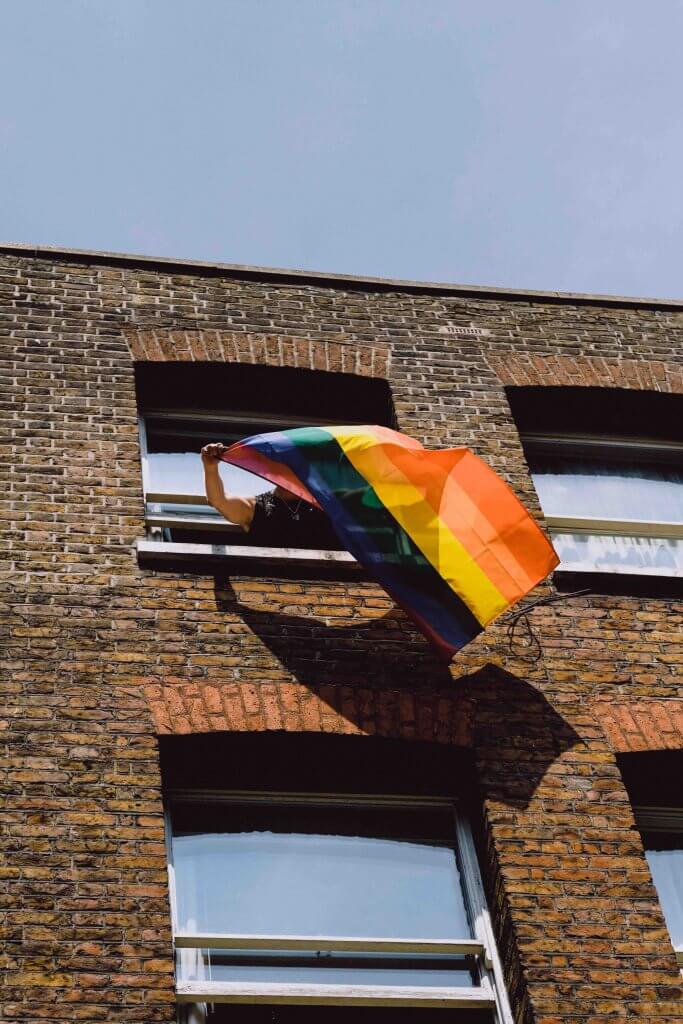Supreme Court Prepares to Hear LGBT Discrimination Cases
August 2nd, 2019

In April 2019, the Supreme Court of the United States announced that it will hear three cases concerning LGBT discrimination during its fall term. Each of these cases addresses the question of whether the Civil Rights Act of 1964 prohibits employers from terminating workers as a result of their gender identity or sexual orientation. These cases are likely to have a substantial impact on LGBT rights in the United States.
Cases to be Heard by the Supreme Court
Each of the cases involves LGBT individuals who were discriminated against on the basis of their gender identity or sexual orientation. One of the cases involves a transgender funeral home director who was terminated from her position and who won her case at a lower court level. The second case involves a skydiving instructor who identified as gay and who successfully challenged his termination. The third case involves a social worker who was terminated from his position as a result of his sexual orientation. Each of these cases raises the question of whether Title VII of the Civil Rights Act of 1964‘s ban on sex-based discrimination encompasses discrimination as a result of someone’s gender identity or sexual orientation.
Title VII and LGBT Discrimination
Title VII became effective in 1964 and is designed to prevent discrimination in the workplace on the basis of a person’s race, religion, sex, national origin, or religion. Title VII applies to all employers who have 15 or more employees. In 1989, the Supreme Court heard the Price Waterhouse case, which ruled in favor of a woman who was denied partnership to an accounting firm because she was not feminine enough. In its decision, the Supreme Court ruled that this type of sex-based discrimination violated Title VII.
The Landmark Nature of These Cases
These cases mark the first time that the Supreme Court will decide an LGBT discrimination case without Justice Kennedy, who was previously the swing vote on the Court and who wrote the majority opinions in favor of LGBTQ rights in several significant cases. Without Justice Kennedy’s voice, many observers worry that the new, more conservative majority will rule that LGBT discrimination is permissible.
Split Opinions About Federal Discrimination Laws
Currently, only 20 states as well as the District of Columbia have laws protecting LGBTQ individuals from discrimination in the workplace, despite most Americans assuming that discrimination against LGBT people is already illegal at the federal level. Approximately half of the Americans who identify as gay live in states that have no protections. When it comes to the existence of discrimination laws, however, opinions are divided. Opponents of these laws believe that these regulations should only be made by elected officials and that Congress did not intend to include LGBT discrimination when it included discrimination on the basis of sex in Title VII. Two circuit courts have taken this position.
On the other side, the Equal Employment Opportunity Commission as well as two other circuit courts have taken the position that discrimination against LGBT and transgender people is by definition a type of sex-discrimination that should be covered by Title VII.
The Universal Life Church
Since the Supreme Court decided to legalize same-sex marriage in 2015, there have been a number of significant legal decisions regarding LGBTQ rights. The Universal Life Church’s blog focuses on describing these developments to keep our readers informed on what matters.
(image courtesy of Clem Onojeghuo)


